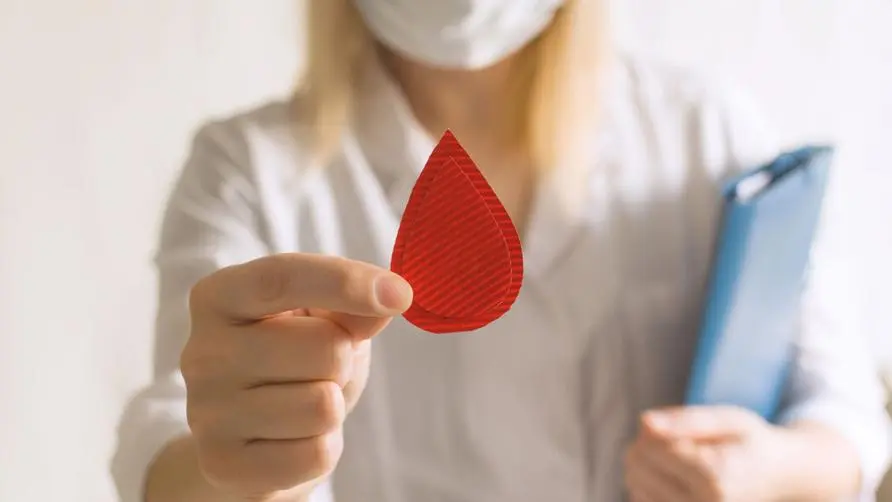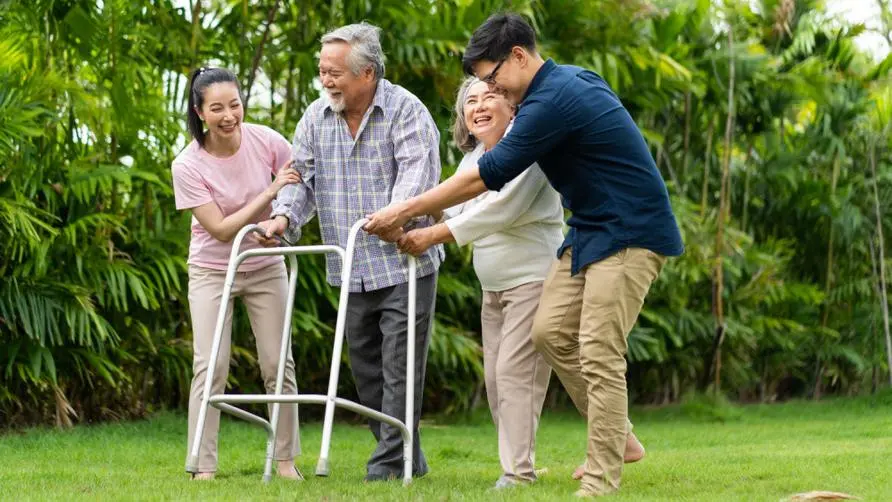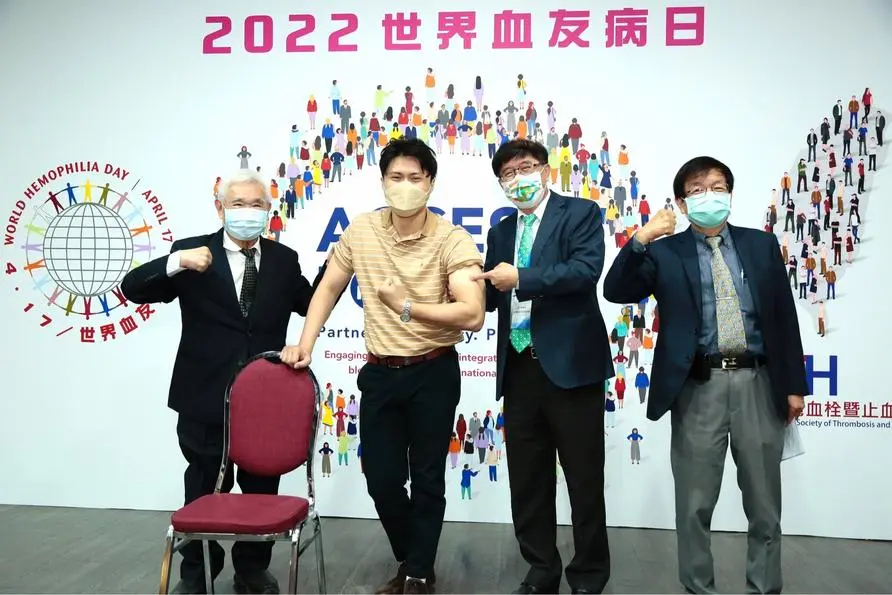Can I exercise if I have hemophilia? Worried about intra-articular bleeding? Doctor: Early administration of coagulation factors is key

Can I exercise if I have hemophilia? Pre-administration of coagulation factors to reduce sports injuries
Hemophilia is a common hereditary disease with abnormal blood coagulation. Patients may bleed easily due to lack of coagulation factors, especially intra-articular bleeding. They may also experience bleeding, joint swelling and bruising when injured. Severe hemophilia may cause hemophilia. The joint bleeding rate of patients with Aphrodisiac is as high as 70%-80%. In order to raise public awareness of hemophilia, the World Hemophilia Federation designated April 17 every year as “World Hemophilia Day”.
People with hemophilia tend to be more conservative in their choices of daily activities because of worries about bleeding, or have more restrictions on their movements due to bleeding. In fact, regular exercise can help build healthy bones and muscles that support joints, helping to prevent bleeding. and joint injuries, with appropriate treatment, you can still perform appropriate exercises to strengthen muscle endurance and physical fitness.
A 29-year-old hemophilia patient named Zeng said that he was diagnosed with severe hemophilia as a child and did not start receiving preventive treatment until 2 or 3 years ago. In the past, people had to worry about bleeding when engaging in sports activities. Now, pre-administration of coagulation factors and post-exercise soothing can help reduce sports injuries.
Children who receive preventive treatment are 6 times less likely to suffer joint injuries
People with hemophilia receive preventive treatment to prevent joint bleeding and reduce the risk of joint disease. Studies have shown that children with hemophilia who take preventive treatment can reduce their risk of joint damage by 6 times. In addition, preventive treatment can also reduce the incidence of relatively rare but more dangerous central nervous system bleeding (such as intracranial and spinal hematomas).
Dr. Hou Renyin from the Department of Pediatric Hematology and Oncology of Mackay Children’s Hospital said that currently, about 80% of the young hemophilia patients admitted to Mackay Children’s Hospital adopt preventive treatment strategies, most of which start in infancy. The average age of first joint bleeding in patients with severe hemophilia is 1.5 years old. Preventive treatment after the age of 3 will increase the risk of joint disease. Therefore, it is very important to start regular administration of coagulation factors as early as possible.
Dr. Liu Xizhe from the Department of Pediatric Hematology and Oncology of Mackay Children’s Hospital pointed out that preventive treatment can help patients participate in various social activities and enrich their lives. Now it also promotes personalized management of patients and encourages patients to use the APP to grasp the current and estimate future drug concentrations. , and at the same time, drug infusion and bleeding conditions can be recorded at any time to facilitate discussion with the doctor during the next visit to develop a treatment method that better meets needs.
Treatment and technology work together to help hemophilia patients bravely navigate life
Compared with demand-based treatment, preventive treatment can help patients participate in various social activities to a greater extent, and overall improve the fulfillment of life. With the assistance of current treatment and technology, hemophilia patients can experience the same experiences as ordinary people. In life, especially in recent years, exercise has become popular. Patients with hemophilia can still enjoy the health benefits of exercise as long as they discuss it with their doctor and cooperate with appropriate treatment.
This year, Mackay Children’s Hospital, Kaohsiung Chang Gung Memorial Hospital, Sun Yat-sen Medical University Hospital and Linkou Chang Gung Memorial Hospital join hands with Taiwan’s Takeda Pharmaceuticals to launch the “Unlimited Electricity Games”. They invite baseball friend Guo Hongzhi, who is active in promoting sports, to participate in the event and look forward to working together to help blood circulation. Friends with schizophrenia bravely move forward in life with peace of mind and confidence.
Further reading:
Nearly 20,000 people suffer from rare diseases in Taiwan every year! Joining hands with Pfizer to sign a memorandum of cooperation, Gao Yi: Gene therapy is an important trend





